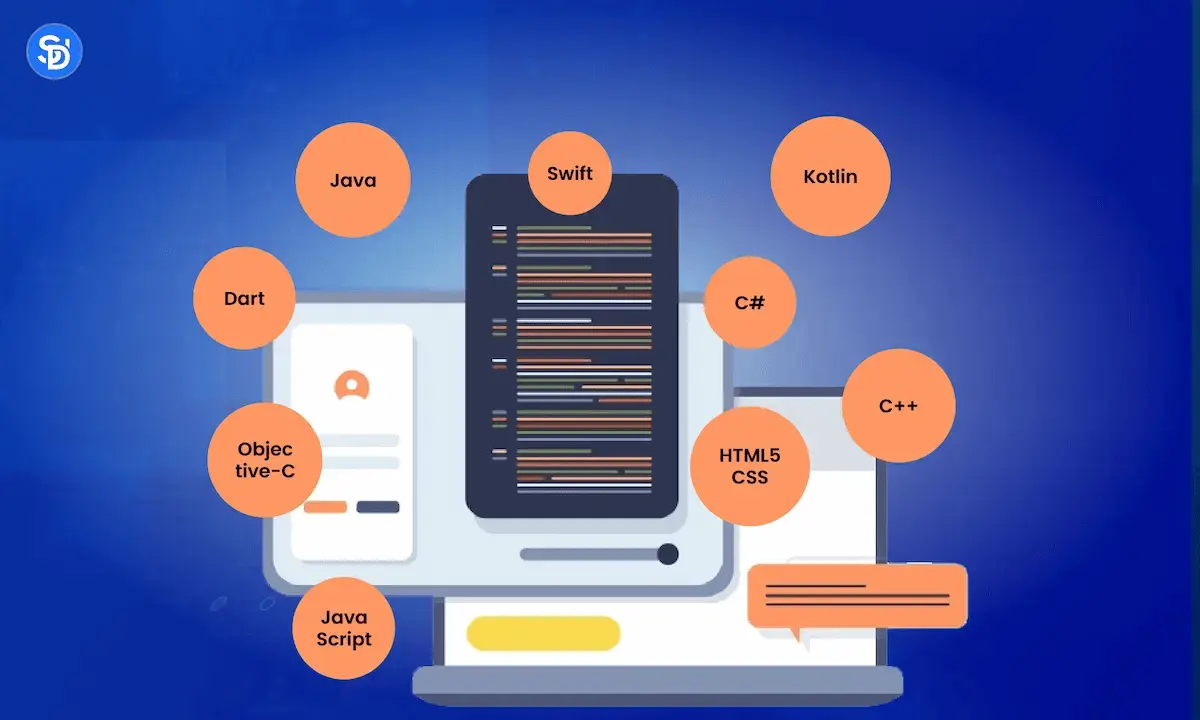Scaling Your Business with Low Code/No Code Solutions

- 8 min read
- October 28th 2024
In today's tech-driven world, where smartphones have become an extension of ourselves, apps rule the digital realm. These mobile applications, ranging from social media platforms to productivity tools, have become an integral part of our lives. Behind every successful app lies a robust app development platform. But with the plethora of options available, how do you choose the best one? In this article, we'll explore the various app development platforms, simplify the process, and help you make an informed decision. Let's dive in!
Understanding App Development Platforms
Before we delve into the specifics, let's establish a foundational understanding of app development platforms. These are the software and hardware environments where developers create, test, and deploy applications. They serve as the bedrock upon which your app will be built, so choosing the right one is pivotal to your project's success.

The Role of Programming Languages
When it comes to app development platforms, several names dominate the industry. The most prominent ones include Android, iOS, and cross-platform solutions. Each has its own unique characteristics and caters to distinct user bases. The eternal clash between Android and iOS is one of the defining debates in the app development world. Android, an open-source operating system, powers a wide range of devices. In contrast, iOS, developed by Apple, is known for its closed ecosystem. To decide between them, consider your target audience and budget.Cross-platform development allows you to create apps that work on multiple platforms using a single codebase. It's cost-effective and time-efficient, but there can be trade-offs in terms of performance and access to device-specific features.
How much does it cost to develop an app for Android and iOS separately?
The choice of programming language can significantly impact your development process. For Android, Java and Kotlin are the primary languages, while Swift and Objective-C are used for iOS. Consider your team's expertise and project requirements.Each platform provides a set of tools and ecosystems to facilitate development. These include integrated development environments (IDEs), software development kits (SDKs), and app stores. Familiarize yourself with these to make an informed choice.
The cost varies based on complexity, features, and developer rates. Developing for iOS can be more expensive due to the need for Apple devices, but it often offers a higher return on investment.

Contact Us
For Business
For Careers
Jabalpur
Infront of Chandi Dham, Baadshah Halwai Mandir, Narmada Rd, Bhim Nagar, Polipather, Jabalpur, Madhya Pradesh 482008
USA
Brentwood, Los Angeles, California 90049
